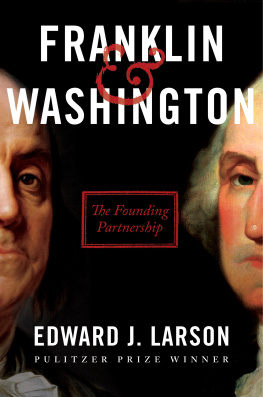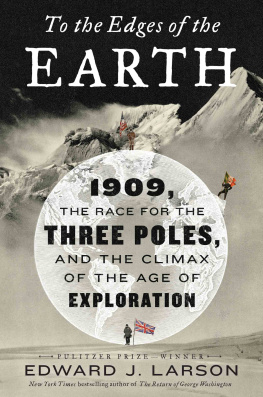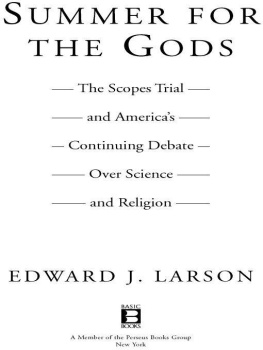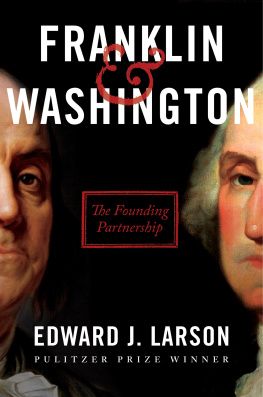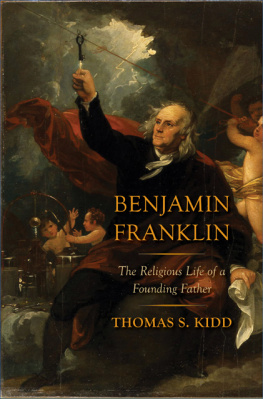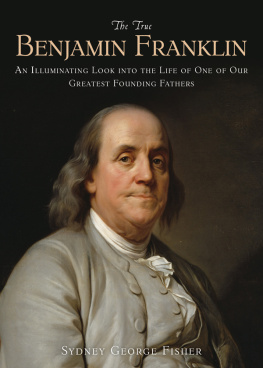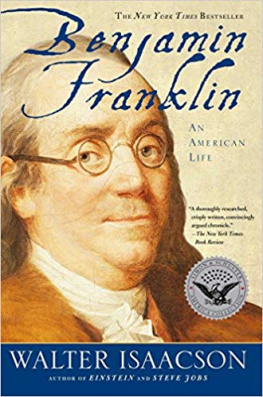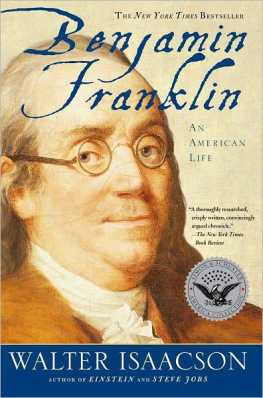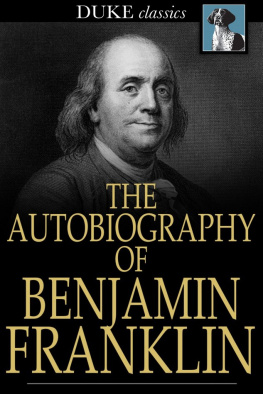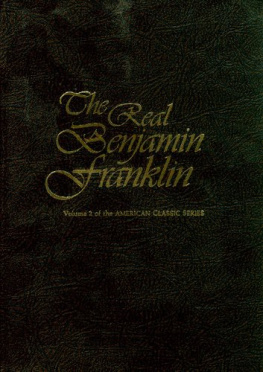Edward J. Larson - Franklin Washington: The Founding Partnership
Here you can read online Edward J. Larson - Franklin Washington: The Founding Partnership full text of the book (entire story) in english for free. Download pdf and epub, get meaning, cover and reviews about this ebook. year: 2020, publisher: HarperLuxe, genre: History. Description of the work, (preface) as well as reviews are available. Best literature library LitArk.com created for fans of good reading and offers a wide selection of genres:
Romance novel
Science fiction
Adventure
Detective
Science
History
Home and family
Prose
Art
Politics
Computer
Non-fiction
Religion
Business
Children
Humor
Choose a favorite category and find really read worthwhile books. Enjoy immersion in the world of imagination, feel the emotions of the characters or learn something new for yourself, make an fascinating discovery.
- Book:Franklin Washington: The Founding Partnership
- Author:
- Publisher:HarperLuxe
- Genre:
- Year:2020
- Rating:3 / 5
- Favourites:Add to favourites
- Your mark:
Franklin Washington: The Founding Partnership: summary, description and annotation
We offer to read an annotation, description, summary or preface (depends on what the author of the book "Franklin Washington: The Founding Partnership" wrote himself). If you haven't found the necessary information about the book — write in the comments, we will try to find it.
From the Pulitzer Prize-winning historian comes a masterful, first-of-its-kind dual biography of Benjamin Franklin and George Washington, illuminating their partnerships enduring importance.
One ofWashington Posts 10 Books to Read in FebruaryOne of USA Todays Must-Read Books of Winter 2020 One of Publishers Weeklys Top Ten Spring 2020 Memoirs/Biographies
Theirs was a three-decade-long bond that, more than any other pairing, would forge the United States. Vastly different men, Benjamin Franklinan abolitionist freethinker from the urban northand George Washingtona slaveholding general from the agrarian southwere the indispensable authors of American independence and the two key partners in the attempt to craft a more perfect union at the Constitutional Convention, held in Franklins Philadelphia and presided over by Washington. And yet their teamwork has been little remarked upon in the centuries since.
Illuminating Franklin and Washingtons relationship with striking new detail and energy, Pulitzer Prizewinning historian Edward J. Larson shows that theirs was truly an intimate working friendship that amplified the talents of each for collective advancement of the American project.
During the French and Indian War, Franklin supplied the wagons for General Edward Braddocks ill-fated assault on Fort Duquesne, and Washington buried the generals body under the dirt road traveled by those retreating wagons. After long supporting British rule, both became key early proponents of independence. Rekindled during the Second Continental Congress in 1775, their friendship gained historical significance during the American Revolution, when Franklin led Americas diplomatic mission in Europe (securing money and an alliance with France) and Washington commanded the Continental Army. Victory required both of these efforts to succeed, and success, in turn, required their mutual coordination and cooperation. In the 1780s, the two sought to strengthen the union, leading to the framing and ratification of the Constitution, the founding document that bears their stamp.
Franklin and Washingtonthe two most revered figures in the early republicstaked their lives and fortunes on the American experiment in liberty and were committed to its preservation. Today the United States is the worlds great superpower, and yet we also wrestle with the government Franklin and Washington created more than two centuries agothe power of the executive branch, the principle of checks and balances, the electoral collegeas well as the wounds of their compromise over slavery. Now, as the founding institutions appear under new stress, it is time to understand their origins through the fresh lens of Larsons Franklin & Washington, a major addition to the literature of the founding era.
Edward J. Larson: author's other books
Who wrote Franklin Washington: The Founding Partnership? Find out the surname, the name of the author of the book and a list of all author's works by series.

